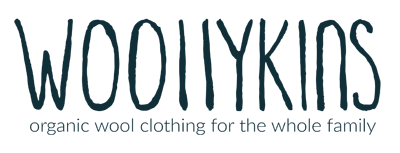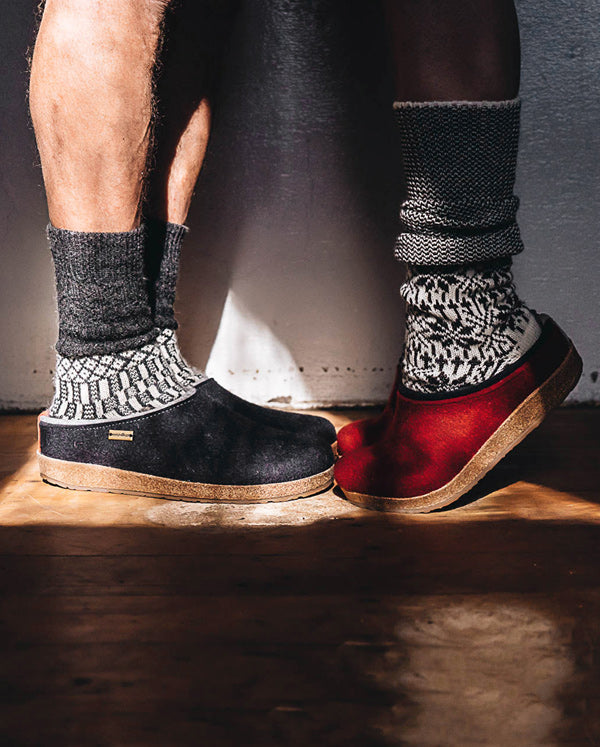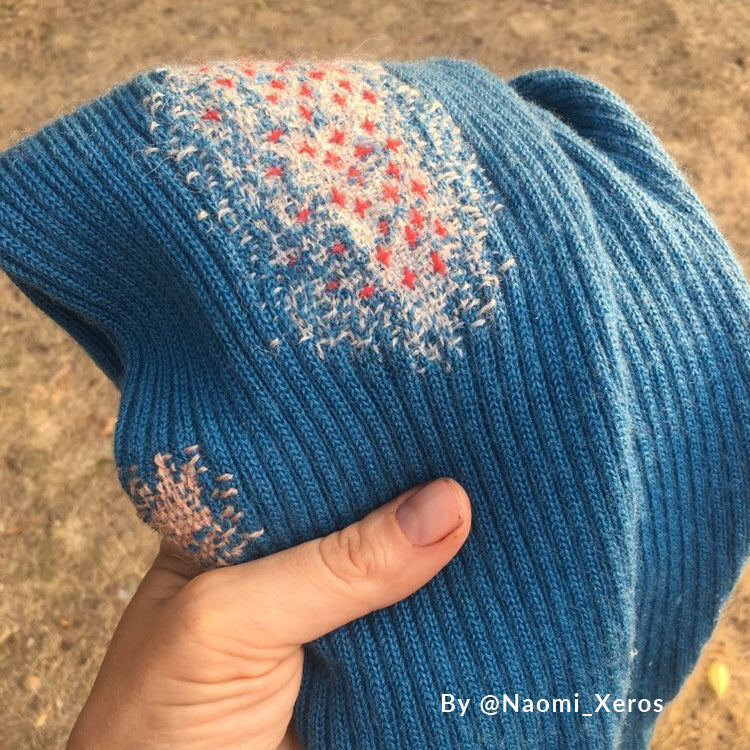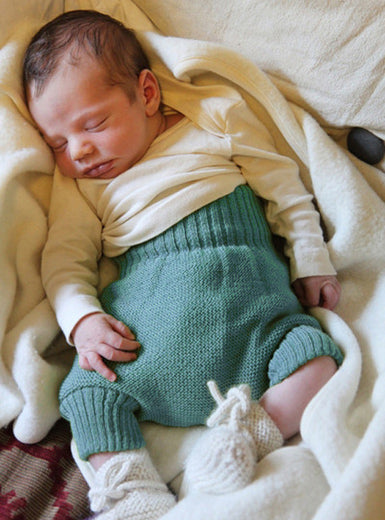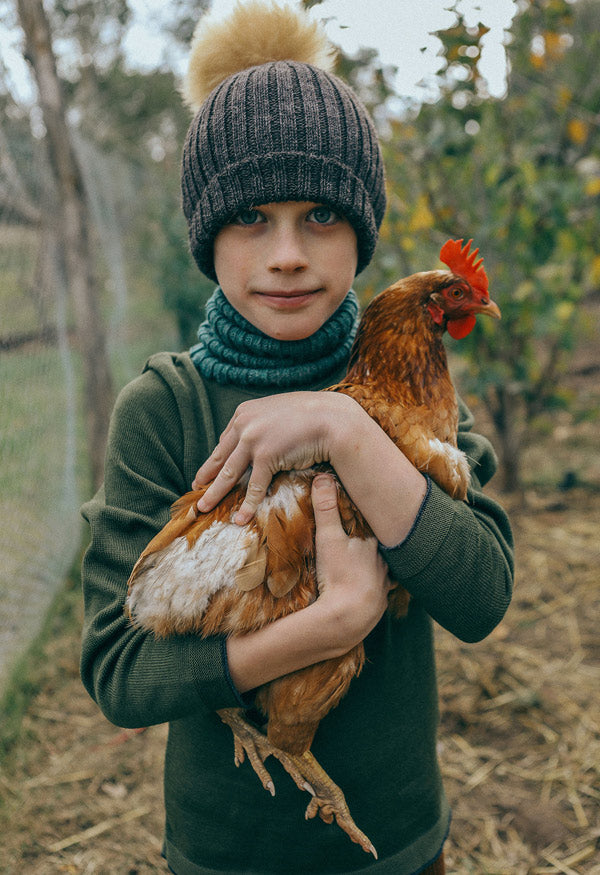Your Cart is Empty
Ecological Certifications for Textiles
Organic Certifications for Textiles are not all equal. Here is a list of Environmentally and Socially conscious certifications that Woollykins products adhere to. We have listed in order with the very best first.
1. IVN Best (IVN Natural Textile Certified Best)
2. GOTS (Global Organic Textile Standard) Certified
3. ZQ and RWS/RAS (Responsible Wool/Alpaca Standard)
4. Bluesign
5. Oeko Tex Certified 100 - Class 1

Quality mark for natural textiles from the International Association of the Natural Textile Industry. V. (IVN) and GOTS (Global Organic Textile Standard).
IVN BESTThe NATURTEXTIL IVN ZERTIFIZIERT BEST(NATURAL TEXTILE CERTIFIED BEST)
The “NATURTEXTIL IVN zertifiziert BEST” (IVN BEST) quality symbol is awarded to textiles that are made completely from organically produced natural fibres. The certification takes into account all the environmental effects of the entire production process, from production of the fibres to the finished garment, along with the prescribed social welfare standards in the companies involved in the process.
In terms of environmental compatibility, social sustainability and credibility, IVN BEST meets the highest ecological standards that can currently be achieved in the textile industry.
The list of approved colours and auxiliaries is even more strict than for GOTS, for example no exception is made for copper in the case of colours containing heavy metals. Mercerising, i.e. the finishing of cotton yarns with caustic soda to increase the gloss, is prohibited. Optical brighteners are also not allowed. No interlinings, embroidery threads or ribbons made of viscose are allowed for ingredients and accessories - these must also be made of natural fibres.
GLOBAL ORGANIC TEXTILE STANDARD(GOTS)
Textiles that are made from at least 95% organically produced natural fibres are eligible for the title of the GOTS Certified Organic. Certification of products is based on fulfilment of environmental requirements along the entire textile production chain plus compliance with social welfare criteria. The GOTS requirements are slightly below those of IVN BEST with requires 100% organic natural fibres.
To use the label GOTS certified Made with Organic at least 70% of the fibres must come from plants or animals from controlled organic agriculture (kbA or kbT).
In organic fibre cultivation, chemically synthetic pesticides and fertilisers are avoided and animal welfare is mandatory. Organic farming protects soil, water and air, preserves biodiversity and dispenses with genetic engineering.
A product must consist of at least 90% natural fibres if it is to bear the GOTS label, and a maximum of 10% synthetic fibres or viscose. Up to 25% synthetic fibres may only be used for socks, leggings and sportswear.
When processing fibres, it is important to restrict certain chemical processes: bleaching is only allowed with oxygen, the chlorination of wool is not allowed. Mechanical or thermal processes, on the other hand, are harmless.
Only substances that are harmless to health and the environment and approved by the certification bodies may be used for dyeing and printing the fabrics. Colours with toxic heavy metals, aromatic solvents or the group of dangerous AZO dyes are forbidden.
Some textiles are provided with functional properties such as "crease-free", "water-repellent" or "anti-pilling". In the case of natural textiles, however, this "finish" may only be achieved through mechanical, thermal and other physical processes.
Problematic substances such as toxic heavy metals, formaldehyde, aromatic solvents, chlorophenols or certain halogen compounds are prohibited in the entire production process. All substances must be biodegradable and must not pollute the soil, air or water.
Ingredients and accessories such as applications, insoles, lining, cords and shoulder pads are made of natural fibres or viscose. In the case of zippers, the metal must be free of chrome and nickel in order to avoid allergies. In order to ensure the quality of the textiles, corresponding requirements are specified with regard to light fastness, perspiration fastness, saliva fastness, wash fastness and shrinkage.
All end products must comply with residue limits with regard to a comprehensive list of substances that are hazardous to health and the environment. The "International Labour Organisation" defines criteria that apply to the GOTS as minimum social criteria: prohibition of forced labor, child labour, abuse or discrimination, fair wages, occupational health and safety and freedom of association.
GOTS certified Raw Materials Policy Update
A note about 2021 changes to the GOTS certification policy
Some manufacturers use only GOTS certified raw materials in their products but recent changes mean that they are no longer allowed to display the GOTS label to distinguish the raw materials from the entire process which is in some ways unfortunate.
For example Ruskovilla's Finnish made organic wool clothing has been made using GOTS certified organic materials for many years now, but since 2021 the international GOTS organization has changed its policies so that this statement about raw materials can no longer be used in marketing and communications. This policy is in direct conflict with the growing consumer demand for transparency throughout the production process, but the policy is now the same for all textile companies using GOTS certified raw materials. The use of the GOTS certificate is only allowed if the entire production process from field to finished products is certified, and unfortunately due to pricing and other criteria the GOTS end-product certificate system is often only an option for products that are manufactured in huge quantities by very large manufacturers due to the costs with obtaining certification.
However nothing has changed with Ruskovilla products themselves and the products have still been made using certified organic materials. Ruskovilla have had to remove the four letters (GOTS) from their web shop, social media content. However you can still be assured that the certification in question is GOTS and Ruskovilla have all the documentation to prove that if required.
ZQ Certified (ethical animal husbandry)
ZQ is an on-farm standard and certifies growers to produce and grow wool in an ethical, sustainable practise. ZQ is a merino wool certification that looks at animal welfare and environmental standards. It has been developed and owned by The New Zealand Merino Company Ltd. ZQ is recognised by ISO/IEC 17065:2012 – it’s a non-mulesed wool standard with all auditing done by third party services.
Read more about ZQ certification
RWS, RAS (Responsible Wool/Alpaca Standard) (ethical animal husbandry)
The Responsible Wool Standard (RWS) or the Responsible Alpaca Standard (RAS) is an international, voluntary standard that addresses animal welfare in sheep farms and chain of custody of wool from certified farms to the final product. Individual sites are certified by independent third-party certification bodies using annual audits. Material is tracked from the farm to the final product using transaction certificates, following the requirements of Textile Exchange’s Content Claim Standard.
Bluesign Certified (Safe textiles and supply chain)
Focusing on consumer safety and the environment, the Swiss-based bluesign system examines natural resources and chemicals used in textile production, occupational health and takes a holistic view of safety and environmental issues in the textiles and apparel supply chain. BLUESIGN is a system that provides safer and more sustainable environments for people to work in and everyone to live in. Powered by a holistic approach, BLUESIGN traces each textile’s path along the manufacturing process, making improvements at every stage from factory floor to finished product. BLUESIGN changes the environmental impact of textiles for good.
According to the strict bluesign® CRITERIA, the manufacturers and brands are required to act responsibly and sustainably with regard to people, the environment and resources. These set forth all of the relevant information and ensure consistent transparency and traceability of all processing steps down to the raw materials. The materials created within the product chain or intermediate products are assessed by BLUESIGN and bear the bluesign® APPROVED label.
OekoTex Certified Standard 100 - Class 1 (Safe textiles)
Certification of textile products which attests to the NON-inclusion of substances harmful to the health. It guarantees the safe use of the product in contact with babies. This product class has strict requirements and limiting values to ensure that it is safe for babies.
